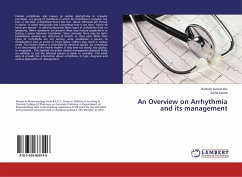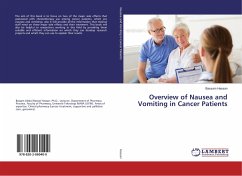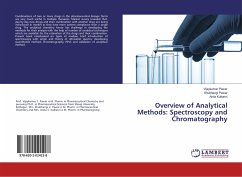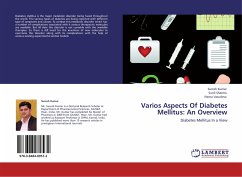Cardiac arrhythmia, also known as cardiac dysrhythmia or irregular heartbeat, is a group of conditions in which the heartbeat is irregular, too fast, or too slow. A heartbeat that is too fast - above 100 beats per minute in adults - is called tachycardia and a heartbeat that is too slow - below 60 beats per minute - is called bradycardia Many types of arrhythmia have no symptoms. When symptoms are present these may include palpitations or feeling a pause between heartbeats. More seriously there may be light-headedness, passing out, shortness of breath, or chest pain. While most types of arrhythmia are not serious, some predispose a person to complications such as stroke or heart failure. Others may result in cardiac arrest. The heart's rhythm is controlled by electrical signals. An arrhythmia is an abnormality of the heart's rhythm. It may beat too slowly, too quickly, or irregularly. . The method of cardiac rhythm management depends firstly on whether or not the affected person is stable or unstable. .This book aims to provide the information about arrhythmia, its type, diagnosis and various approaches of management.
Bitte wählen Sie Ihr Anliegen aus.
Rechnungen
Retourenschein anfordern
Bestellstatus
Storno








